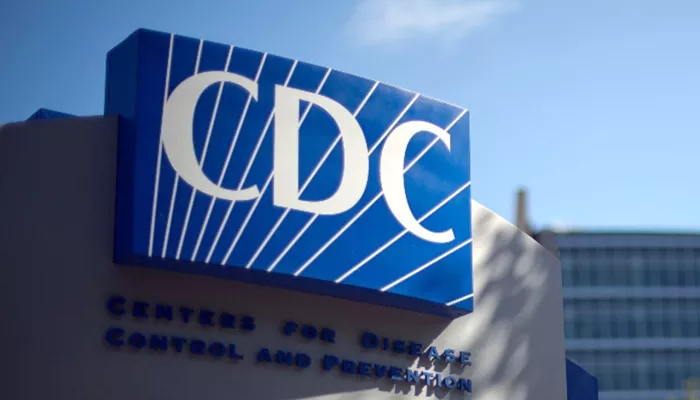A federal judge has ordered the restoration of key health websites and datasets that were suddenly removed in late January. The removal sparked strong reactions from medical professionals and public health organizations.
The temporary restraining order was issued after a lawsuit was filed by Doctors for America (DFA), a progressive group representing physicians, and the consumer advocacy group Public Citizen.
The removed pages included important information about HIV testing, prevention medications, contraceptive guidance, data on disaster vulnerabilities, and a plan to increase enrollment in clinical trials for underrepresented groups. These resources are now set to be restored following the judge’s decision.
Judge John Bates of the U.S. District Court for the District of Columbia, appointed by President George W. Bush, emphasized that the removal of these resources harmed both healthcare professionals and the public. “The people who suffer the most are everyday Americans, particularly those from disadvantaged backgrounds seeking medical care,” he wrote in his opinion.
The Department of Health and Human Services (HHS), the Food and Drug Administration (FDA), and the Centers for Disease Control and Prevention (CDC) are required to restore the specific pages by midnight Tuesday. The government is also directed to identify any other resources that clinicians rely on and restore those by the end of the week.
The case raised concerns about the transparency and legality of the website removal. Dorit Reiss, a law professor at the University of California, said the decision was strong, noting that the action was “likely legally flawed” due to the lack of notice or explanation. “This suggests the government is in a weak position for this case,” she added.
Although some of the removed pages have been restored, there is still uncertainty about what is missing and whether any information has been altered. Zach Shelley, an attorney with Public Citizen, described the situation as “shifting ground” and hoped that the court order would ensure the restoration of all essential content.
The removal prompted a rush in the scientific community to download and archive the data. Dr. Joshua Sharfstein, a public health expert, was among those who expressed concerns over the impact of the data purge on disease monitoring and current investigations. He also pointed out potential risks, including workforce reductions and disruptions in grant funding.
The ruling underscores the importance of a “reasoned decision-making” process when changing public health resources, said Sharfstein. He emphasized that many of these websites offered vital recommendations for patient care, making them essential tools for healthcare professionals.
Read more:
- Measles Resurgence: A Wake-Up Call On Vaccine Hesitancy, Says Pediatric Expert
- Amid Trump’S Ban, NYC Doctor Stands Firm In Providing Transition Care For Trans Youth
- FDA Takes Action To Reduce Norovirus And Hepatitis A Risk In Imported Berries


